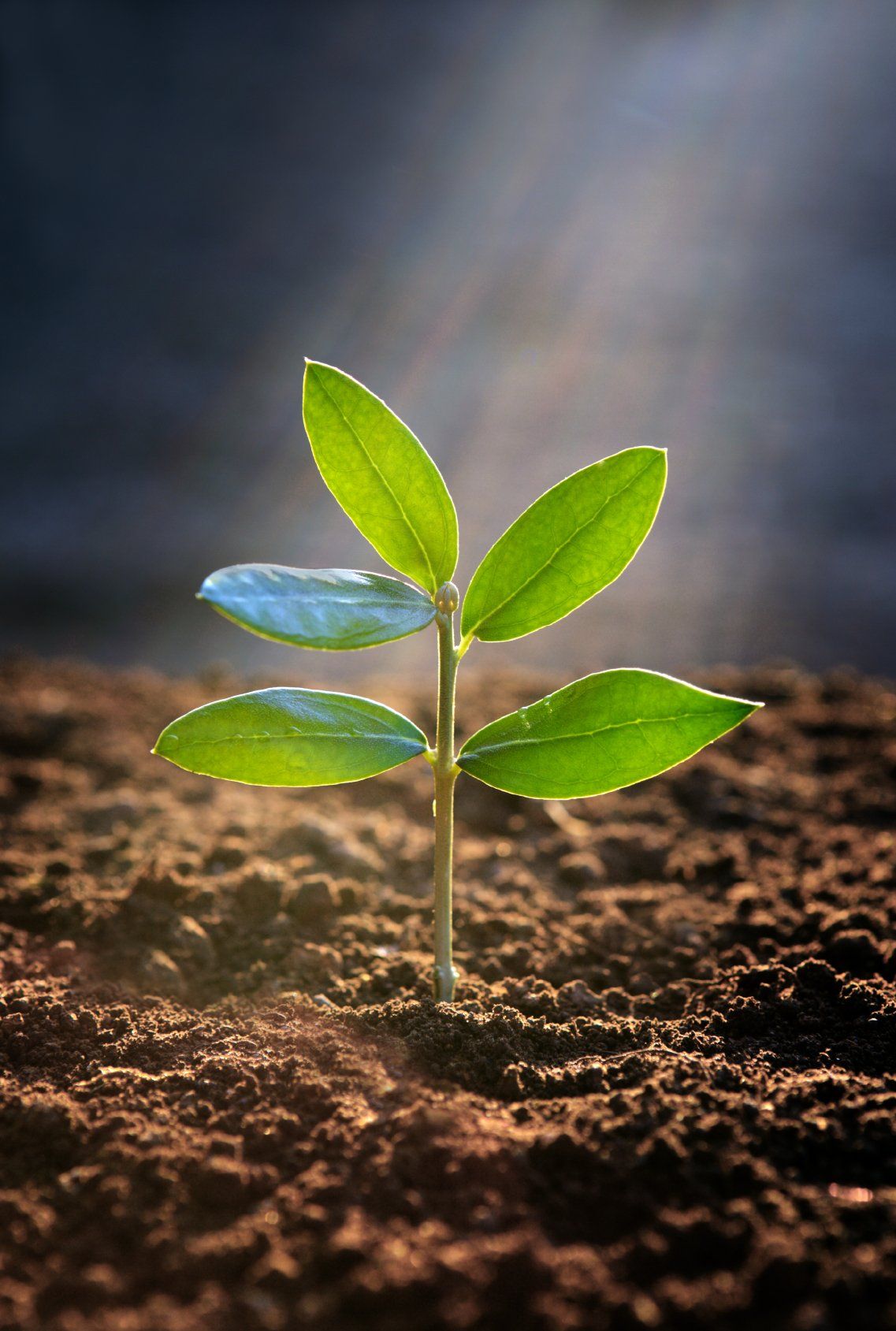The Soil Association
Internationally recognised as a leading expert in organic farming, the Soil Association is a charity. As a leading authority it raises its own bar high and will only publish qualified, verified data.
Your donations, from as little as £5.00 per month allows the association to work directly with farmers, schools, the government and the public to transform the way we care for our natural world.
Saving the Earth starts from the Ground Up.
- 95% of our food comes from the soil
- 10 billion tonnes of carbon is stored in UK soil
- Soil is home to 25% of the world's species
- 52% of the world's soil is degraded
- We have taken our soil for granted
You can help save it today!
With over 75 years experience behind the them you can be assured the Soil Association will make every penny of your donation count. Probably the simplest, most positive way you can help!
You can
make a donation here, perhaps become a regular giver to the association's field work.
New technology created by Farmers for Farmers (Quote: OLMC)
Naturally Sustainable support the use of technology helping farmers to become actively sustainable.
We came across this information on our social pages. The Soil Association are front and centre in this project. As part of the PASTORAL (Pasture Optimisation for Resilience and Livelihoods) project, farmers have been working with farmer-led research network Innovative Farmers, agricultural data consultants Environment Systems and the University of Edinburgh in a project that tests the use of satellite imagery (optical and radar) and modelling to estimate grass biomass availability (kg DM /ha) at a field level.
Become a Member
Help Save Our Bees today
As you read this, 35 species of UK bees face extinction. Bees' disappearance will trigger a devastating cycle of events for our wildlife, environment and the food we eat.
At the Soil Association they are doing everything they can to stop this happening. But as a charity they need your support.
Join as a member, and together we can Save Our Bees before it’s too late.
30 Different Ways to Join the Organic Movement
There is no question, more and more of us are making the move to shop organic, a simple, wholly trustworthy option that provides you and your family with a way of being more sustainable. And it so easy to make that switch.
The Soil Association has brought together a list of small changes in our everyday lives, they say:
"Together, by working with nature, our small changes can make a world of difference!"
Each of these simple adjustments can alter diet-related ill health and help to halt the rapid decline in wildlife.
By now all of us have experienced climate change in one form or another. Flooding is one of the most devasting impacts climate change is having on local communities. Planting trees on higher ground strengthens soil infrastructure. Soil degradation has contributed to our uplands shedding floodwaters, and in the process, soil erosion, a living organism wiped away and with it the inherent carbon storage it had been for a millennia and more.
Farmers are working hard to bring about changes on their land, but, it is a time related, that is why they need our help.
Through the Soil Association that help is available.
Naturally Sustainable join with the Soil Association in curating a host of ways you can help nature, help farmers, help communities and enjoy that deep satisfaction that comes from a good job done well.
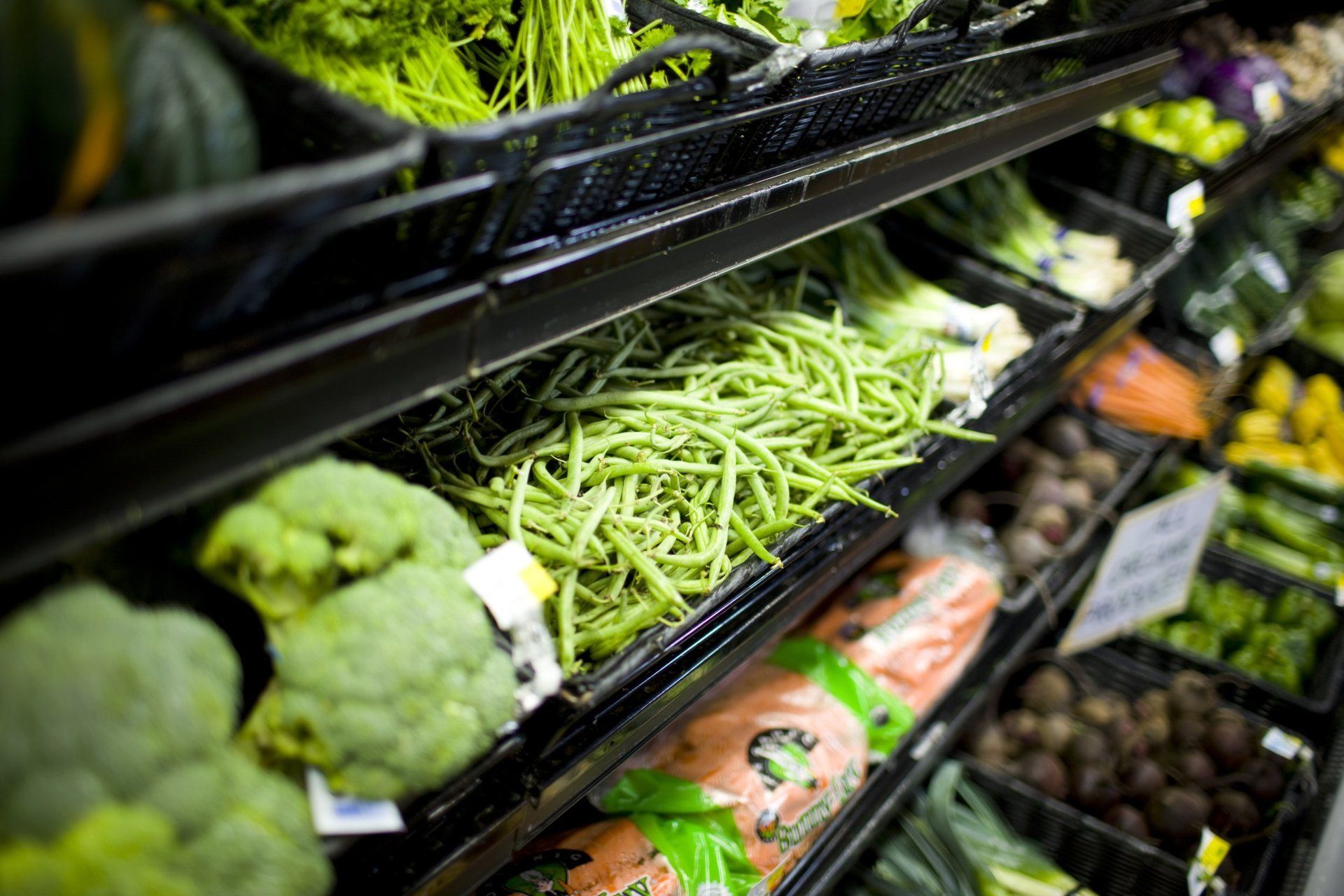
What is Organic Certification & Why
Any food product sold as ‘organic’ in the UK has to comply with organic regulation requirements written into a set of Standards.
Organic certification is a requirement to demonstrate a product or operation has met these legal standards. The Soil Association symbol is a recognised and trusted mark of organic certification internationally, and as a certification body we deliver certification to some of the highest organic standards
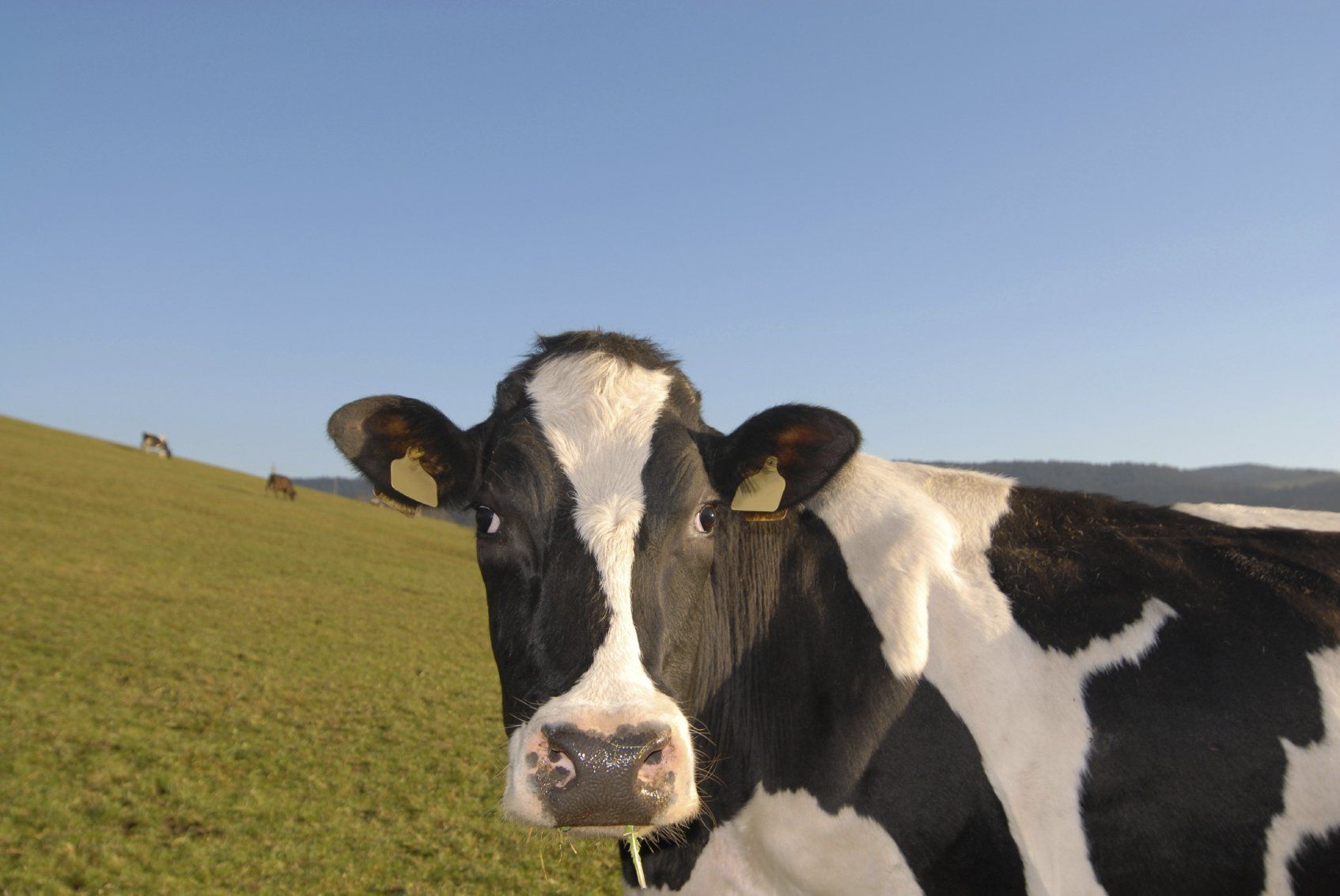
What makes organic milk and dairy different?
Did you know that there’s a whole host of differences between the way that organic milk and dairy products are produced?
From animal welfare to additives and preservatives, food produced to organic standards must be certified by law, so you can be assured that the final product is one you can trust to meet these standards.
Animal welfare:
Animal welfare is at the heart of organic agriculture.
In fact, Soil Association’s welfare standards are the highest of any farming system in the UK! Organic cows are truly free-range; they must have plenty of space, access to pasture when weather conditions permit, and spend as much time outdoors as possible – conditions which help to reduce stress and disease.

Why is organic important when it comes to what we wear?
We are in a climate emergency. As the world’s second most polluting industry, textiles urgently needs to pull its socks up.
Fast fashion is a big part of the problem, but as well as clothing, the fabrics we choose for our bedding, homewares and personal care products also matter.
What are organic fashion and textiles?
If you see an organic label on an item of clothing in a store, the garment is likely to be made from cotton, but organic textiles can also be made of other materials too, such as hemp, flax (linen) and wool. These fibres come from crops or animals that are grown or raised on organic farms. The way they are farmed makes a big difference to their environmental impact.
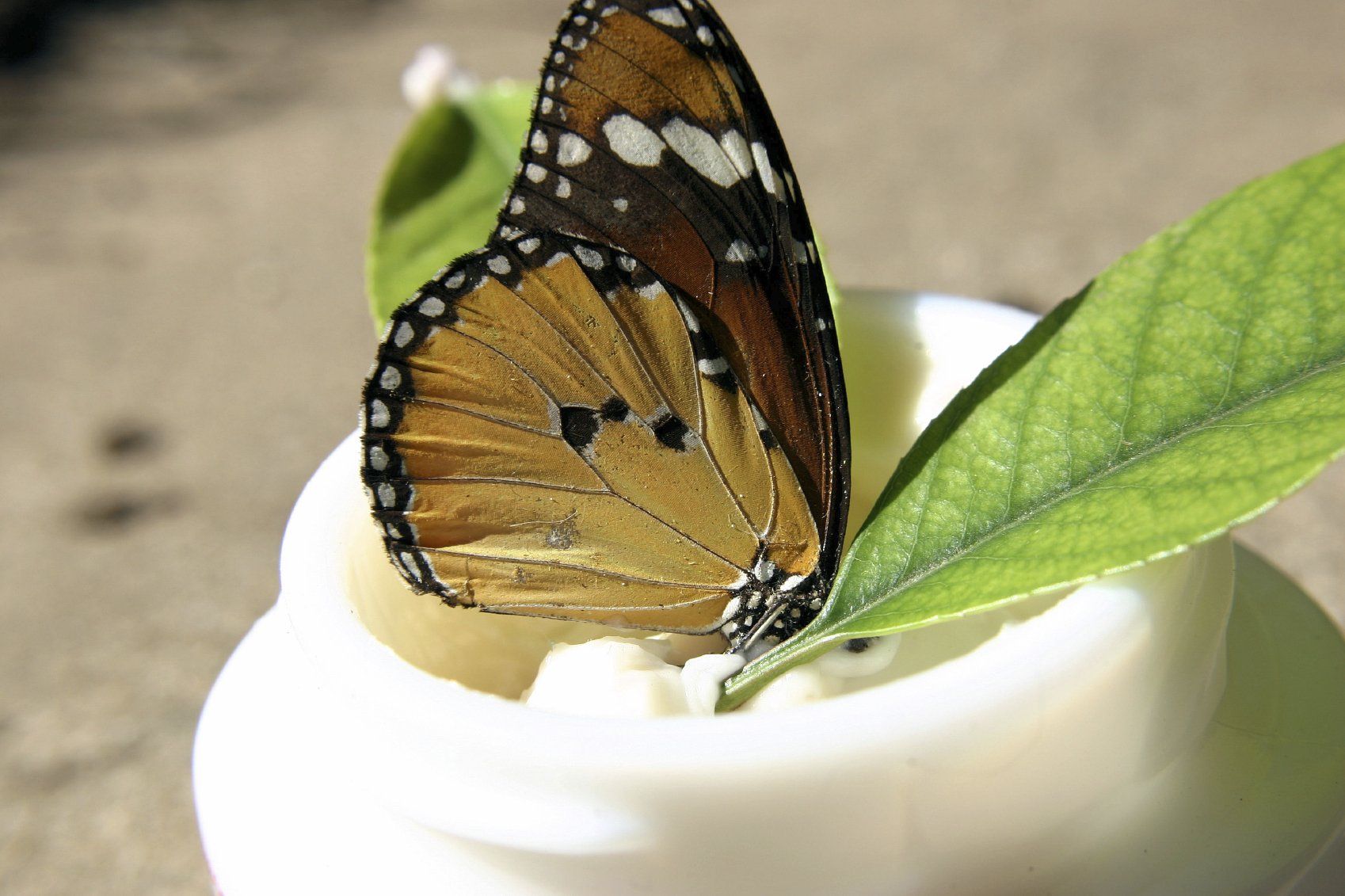
Your New Beauty and Wellbeing Shopping List
Did you know that beauty and wellbeing brands can have as little as 1% organic ingredients, but still claim to be “organic”?
We’re here to wash away that confusion!
By looking for the Soil Association Organic or Natural COSMOS logo you can be sure of the quality, integrity and transparency of the products you are using.
Take a pledge for our planet - opt for certified organic beauty products next time you shop. Click the button to go organic beauty
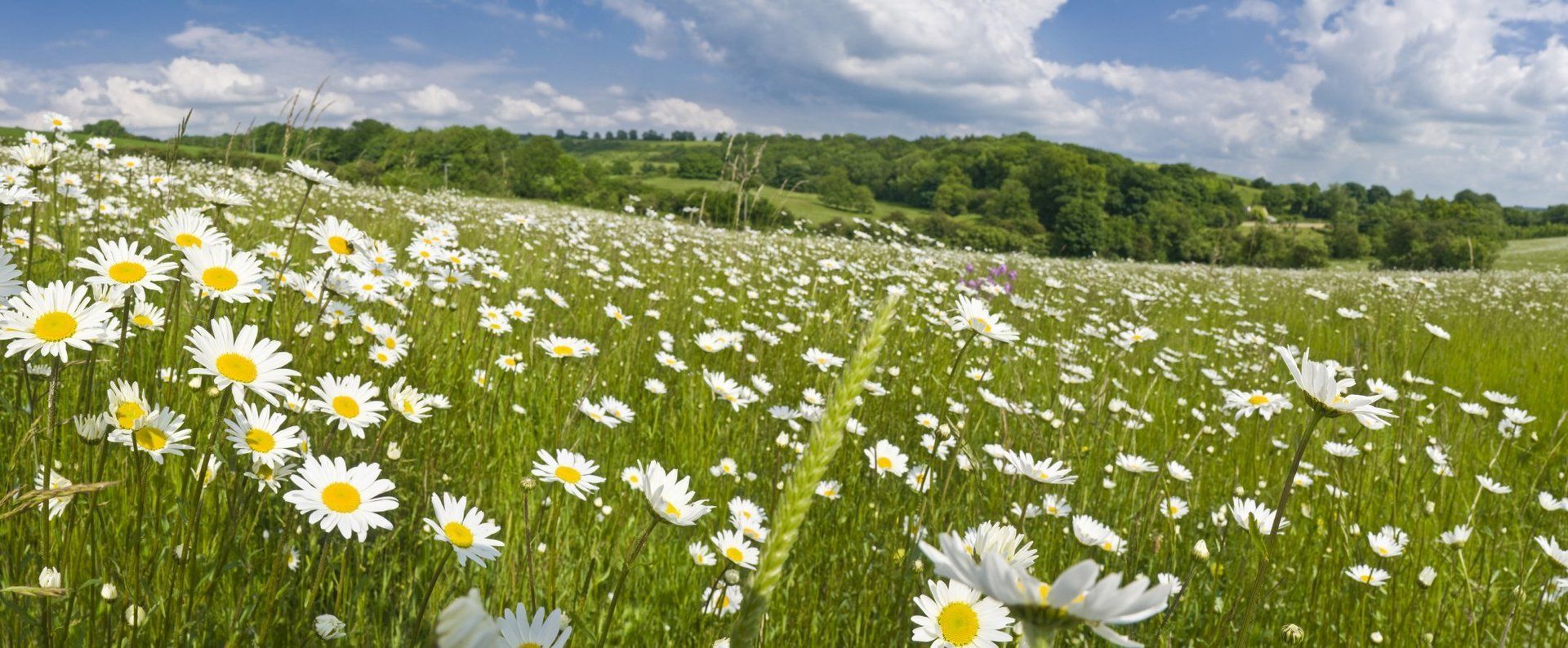
What makes hedgerows so important?
Over the past half a century, industrial farming practices have spread across much of the British countryside.
As a result, the UK has lost many of its hedgerows.
By making space for larger vehicles and enabling the mass mechanisation of post-war farming, successive governments has overseen a dramatic reduction in the number of hedges on farmland, and in some cases, 50% of hedgerows have been destroyed.
Now, with just over 450,000km of hedgerow left in the UK, it’s vital that we begin protecting and replanting our hedgerows both at home and on our farmland. Learn more about the amazing benefits that hedges provide and how you can help to protect them.

Forests Are Critical In Tackling The Climate Crisis
On average forest soils hold 75 % of UK forest’s carbon. We need to plant more trees, especially on farms and increase forest cover from 13% to 19% by 2050.
What does Regenerative Forestry look like? The future of forestry, one that delivers for climate, nature and people looks like:
- Increasing forest diversity by planting a wider range of tree species and allowing natural processes.
- Protecting forest soils and the forest ecosystem by reducing any soil disturbance and maintaining forest canopy.
- Creating productive forests that provide climate-friendly and high-quality timber.
- Integrating more trees and forests into farming bringing foresters and farmers closer together.
- People enjoying the physical and mental benefits that trees and forests bring.
- Regenerative forestry is fully integrated with agroecological farming and conservation to achieve the most impact.
Interested in organic products and services?
Planting trees is crucial in supporting our wildlife and fighting climate change.
At Woodoaks —a farm donated to the Soil Association they are planting trees to support wildlife.
By donating as little as £3 a month, regular givers can help plant trees at Woodoaks farm.
The trees they plant around the fields act as a barrier, preventing soil from being washed away in flash floods.
Did you know each tree the Soil Association plant creates homes for up to 130 species of wildlife.
Disclaimer: All of our content is free to use at any time. We may however earn a commission through sales generated on our site. This will not generate any additional cost to the user nor does it affect any purchase. For more information read our Privacy Policy here thank you.
Progress to a Sustainable Future







